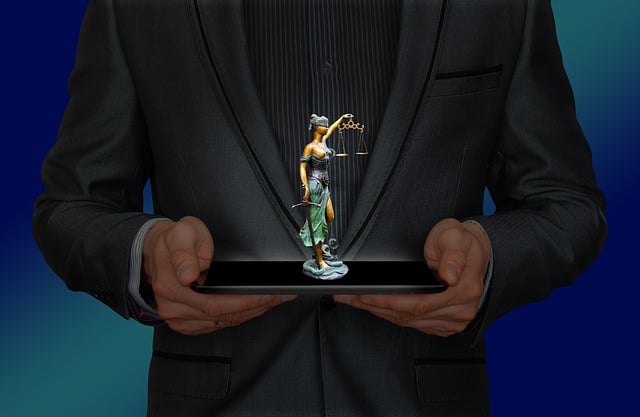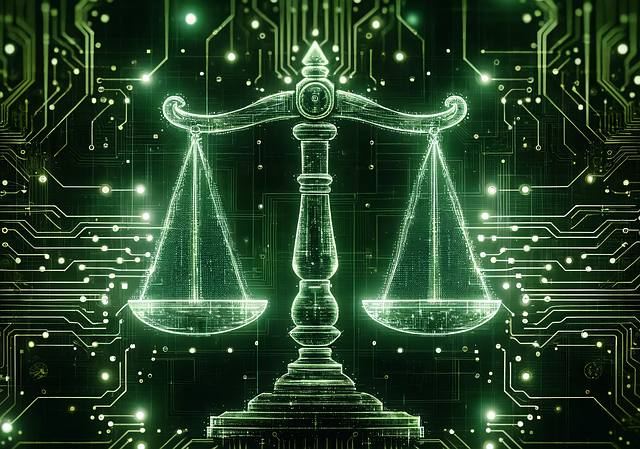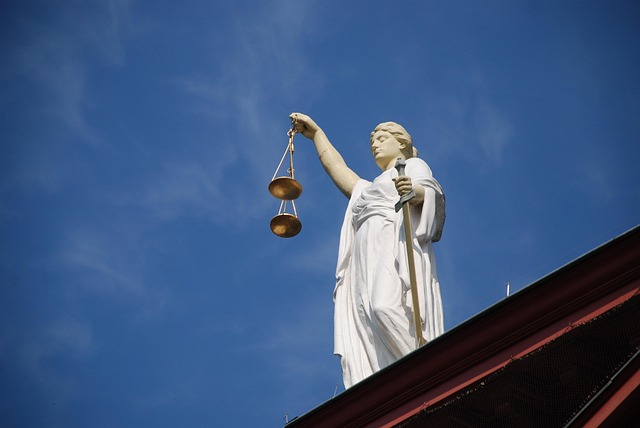Regulatory fraud laws protect industry integrity and consumers from deceptive practices, including financial misdeeds, health care scams, and environmental violations. Understanding these frauds requires recognizing complex patterns across sectors. Gathering strong evidence, such as medical records, witness testimonies, and expert opinions, is crucial for both personal injury claims and reporting regulatory fraud. This evidence helps establish liability and prove damages in personal injury cases, while also deterring white-collar crimes and strengthening societal trust. Case studies of regulatory fraud, like financial report manipulation by multinational corporations, have significant legal impacts, including severe penalties and legislative changes, serving as precedents that guide legal strategies and enhance the justice system under strict regulations.
Regulatory fraud laws play a pivotal role in upholding ethical standards across industries, especially in sectors with significant public interest. This comprehensive guide delves into the intricate world of these laws, focusing on their purpose and impact. We explore the evidence requirements specific to personal injury claims, highlighting the crucial role legal professionals play in navigating complex fraud cases. Through insightful case studies, we examine notable regulatory fraud lawsuits and their lasting effects on shaping industry practices and consumer protections.
- Understanding Regulatory Fraud Laws: A Comprehensive Guide
- Evidence Requirements for Personal Injury Claims
- The Role of Legal Professionals in Fraud Cases
- Case Studies: Notable Regulatory Fraud Lawsuits and Their Impact
Understanding Regulatory Fraud Laws: A Comprehensive Guide

Regulatory fraud laws are designed to protect the integrity of various industries and safeguard consumers from deceptive practices. These laws cover a wide range of activities, including financial misdeeds, health care scams, and environmental violations. Understanding what constitutes regulatory fraud is crucial for businesses and individuals alike, as it involves recognizing complex patterns and nuances within different sectors. Navigating these legal frameworks requires a comprehensive guide to ensure compliance and mitigate potential risks.
When it comes to personal injury claims, evidence needed for a successful case often includes medical records, witness testimonies, and expert opinions. In the context of regulatory fraud, this knowledge can also be applied to gather solid proof for reporting illegal activities. Both the philanthropic and political communities emphasize the importance of ethical conduct in business dealings, and strengthening these laws helps avoid indictment for white-collar defense strategies. By understanding and adhering to regulatory standards, organizations can foster trust and contribute to a more transparent society while minimizing legal repercussions.
Evidence Requirements for Personal Injury Claims

When pursuing a personal injury claim, establishing liability and proving the extent of damages are paramount. The evidence required for such claims can vary greatly depending on the nature of the injury and the circumstances surrounding it. However, there are several key pieces of evidence that are commonly sought after in personal injury cases. These include medical records detailing the extent of injuries, treatment plans, and recovery progress; eyewitness accounts providing a narrative of the incident; and photographs or videos capturing the scene and any resulting damages.
In complex scenarios involving corporate and individual clients, the need for comprehensive evidence becomes even more critical. For instance, in cases of white-collar defense, where liability might stem from intricate business dealings, financial records, contracts, emails, and expert witness testimonies can be pivotal. Each respective business or client must gather and present these evidence needed for a personal injury claim to strengthen their position and ensure a fair outcome.
The Role of Legal Professionals in Fraud Cases

Case Studies: Notable Regulatory Fraud Lawsuits and Their Impact

In the realm of regulatory fraud laws, case studies play a pivotal role in shaping legal landscapes and deterring potential wrongdoers. Notable lawsuits have served as powerful examples of the consequences that arise from violating these stringent regulations. For instance, one prominent case involved a multinational corporation accused of manipulating financial reports to artificially inflate its stock price. The evidence needed for such a personal injury claim was extensive, including internal documents, expert witness testimonies, and historical financial data. This complex web of proof ultimately led to a jury trial, where the company faced not only substantial fines but also a complete dismissal of all charges, highlighting the severity of the offense.
These high-stakes cases often attract significant media attention, underscoring the impact of regulatory fraud on both individuals and society at large. The consequences can be far-reaching, leading to changes in legislation and enhanced oversight mechanisms. As these precedents evolve, they guide legal strategies and serve as cautionary tales for businesses operating under strict regulatory frameworks. This dynamic interplay between case studies and legal reforms ensures that the system remains robust and adaptable in its pursuit of justice.
Regulatory fraud laws are essential tools in protecting consumers and investors from deceptive practices. By understanding these laws, individuals can navigate personal injury claims effectively, requiring robust evidence as outlined in this guide. Legal professionals play a pivotal role in fraud cases, ensuring justice is served through meticulously built cases based on substantial proof. The case studies presented highlight the significant impact of regulatory fraud lawsuits, demonstrating the power of legal action to drive change and restore trust in various industries. Staying informed about these laws and their application is crucial for both victims seeking redress and professionals aiming to uphold integrity in business operations.






